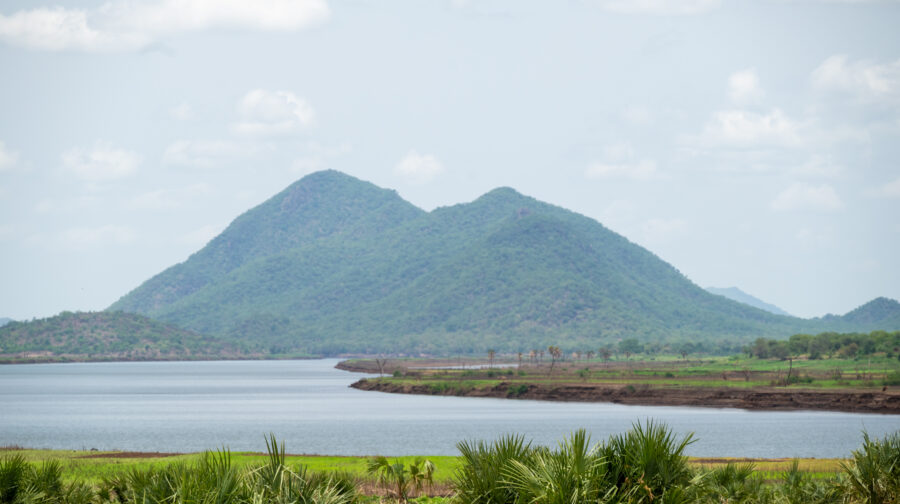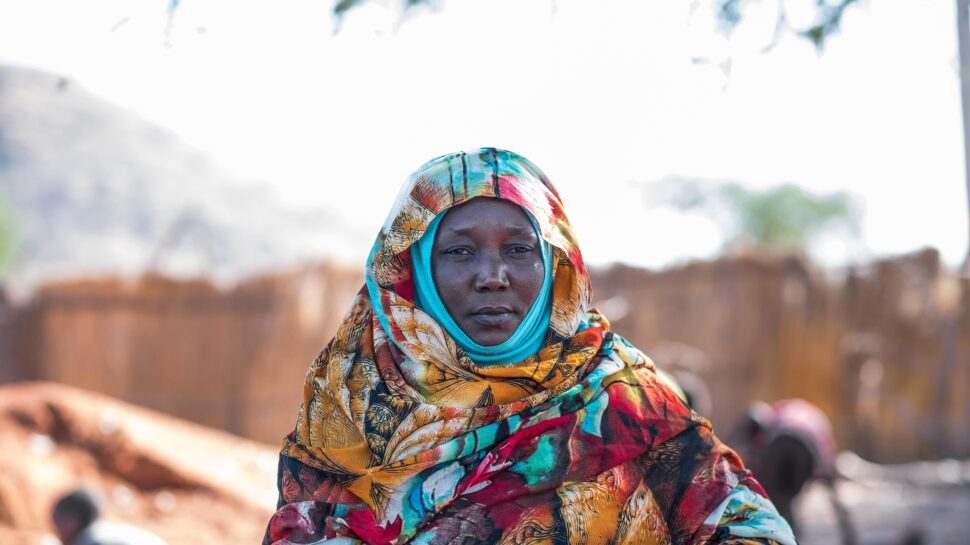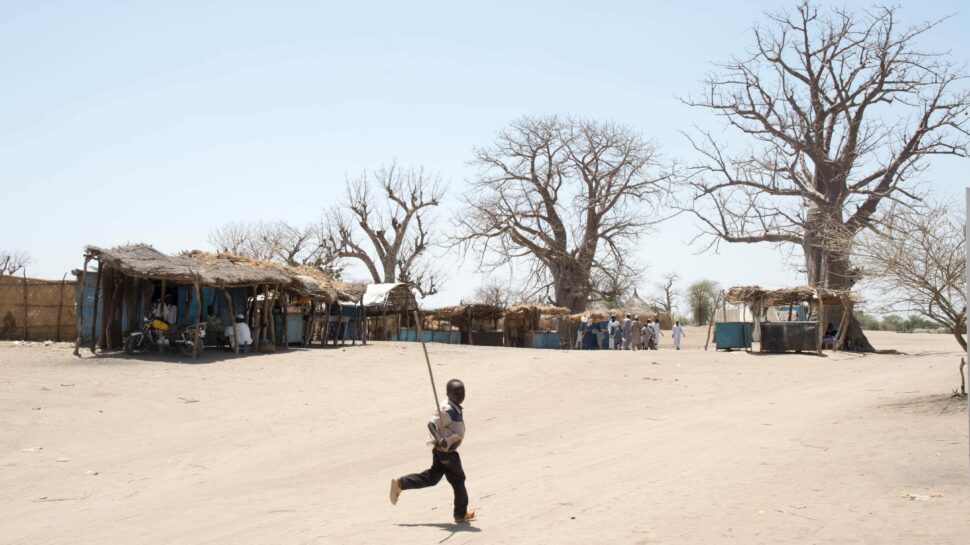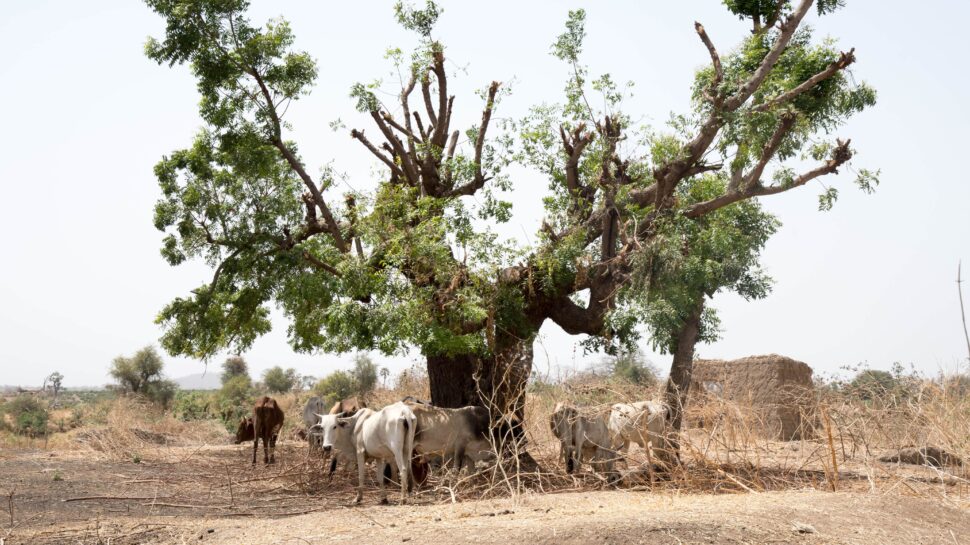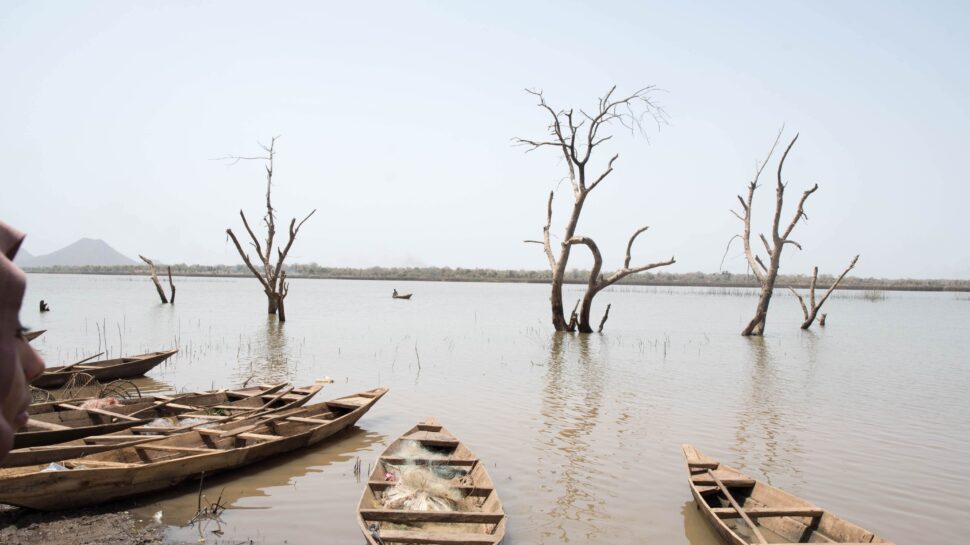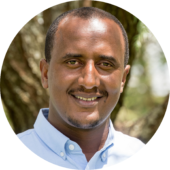Sudan
The Republic of Sudan is located to the north-eastern part of Africa
with an estimated population of 43.8 million by end of 2020.
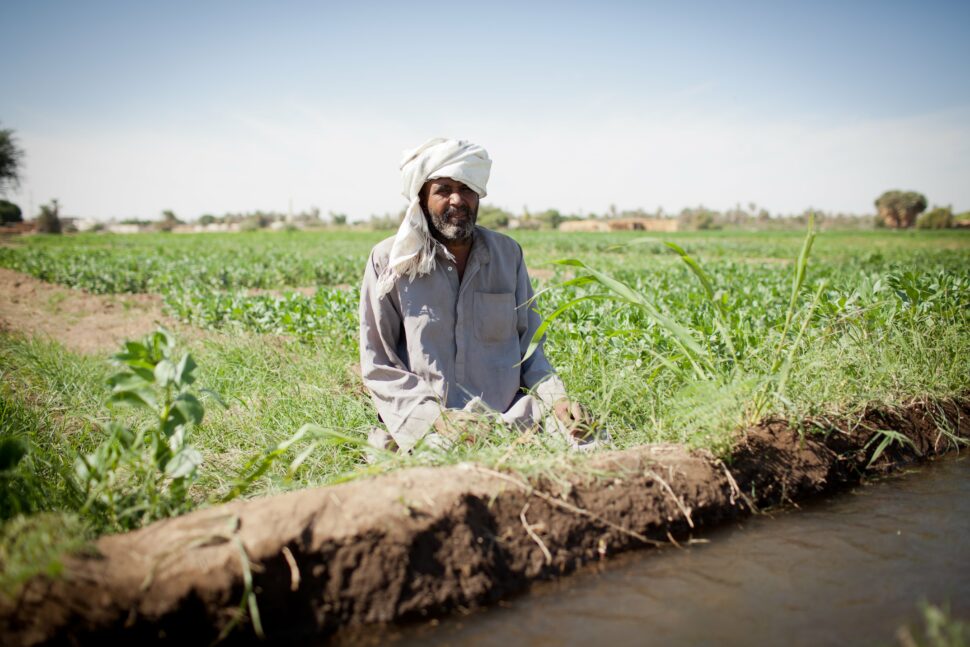
Sudan 2020 in Numbers
-
10
active
projects
-
516.837
Beneficiaries
-
1,55 Mio.
treated animals
-
428
trained Community Animal Health Workers
Sudan is a federal presidential system comprising 8 states. The main livelihood of the people is agriculture, with about 170 million acres of arable lands, and 110 million heads of livestock. After two years of Sudanese Revolution (2018 – 2019), there has been tremendous progress in political transformation, peace-building and international engagements. This was marked by the formalization of the Peace Agreement reached in Juba, South Sudan in August 2020 between the transitional government and the Sudan Revolutionary Front (SRF), and the subsequent signature of the Peace Agreement on 3rd October 2020. The transitional government is committed to address the economic crisis and reform the country’s economy. Steps that have been taken to this end include pledges of financial support, the programme of the International Monetary Fund (IMF) to support economic reforms and strengthening governance, lifting of subsidies and negotiations to remove Sudan from the State Sponsors of Terrorism List by the United States Government, an impediment to securing debt relief and international finance. Pockets of inter-communal violence in the greater Darfur region were disruptive and a threat to human security and program operations.
Humanitarian & Development Needs addressed
Even though the political change in Sudan is promising freedom, peace, and justice, people are still struggling to survive. Humanitarian needs are driven by rising food prices, the socio-economic impact of the COVID-19 pandemic, unprecedented floods in 2020 and localized conflict. A total of 9.3 mil. people were in need in 2020 and 13.4 million people are projected to be in need of humanitarian assistance in 2021 which represents more than a quarter of the population. In 2020 (July – September), around 2.2 mil. hectares of planted areas were flooded which represent 26.8%of cultivated area in 15 states. Flooding affected approximately 900,000 people across the country. The number of people facing high levels of acute food insecurity (IPC Phase three or above) has increased to 7.1 mil. people (16%) of the total population, in 2020, from 5.8 mil. people in 2019. Limited access to WASH systems remains a challenge in 2020, a great risk during the COVID-19 pandemic. In 2020, Sudan faced outbreaks of viral hemorrhagic fever (VHF) and a polio which was last experienced ten years ago. In the development front, and as reported by the UNDP Human development Report Office (HDRO), Sudan’s Human Development Index (HDI) value for 2019 reported in 2020 is 0.510— which puts the country in the low human development category, positioning it at 170 out of 189 countries and territories. The Gender Inequality Index (GII) value of 0.545 is also low, ranking Sudan at position 138 out of 162 countries. This underdevelopment is characterized by marginalized rural areas of the country that lack infrastructure and basic services by the public as well as the private sector.
VSF Germany’s Response
VSF Germany’s interventions in Sudan address humanitarian needs though resilience projects, targeting affected people including displaced, pastoral and agro-pastoral communities with the aim of saving lives through providing immediate emergency response as well as building resilience of communities to withstand future shocks through longer-term interventions. VSF Germany has operations in four affected states including: Blue Nile, South Kordofan, Central Darfur and West Darfur implementing food security and livelihood activities with WASH and Protection (Gender Based Violence-GBV and Child Protection) crosscutting, in addition to socio-economic reintegration, natural resource management and Cash Transfer Programming. Development needs addressed focus on gaps in basic services such as the provision of clean water, sanitation and hygiene, value chain addition for income generation and livelihood resilience. The interventions are implemented in collaboration with other partners through multi-sectoral consortium projects that holistically address multiple humanitarian and development needs in Livelihood, WASH, Health, Nutrition, Protection and Education sectors. The collaborative harnesses, diverse experience and expertise of partners enable the achievement of a maximum impact.
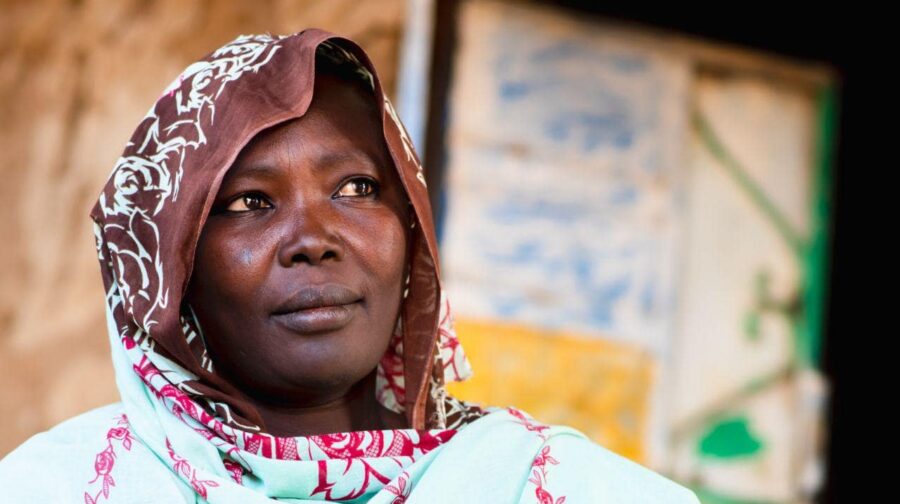
© VSF Germany
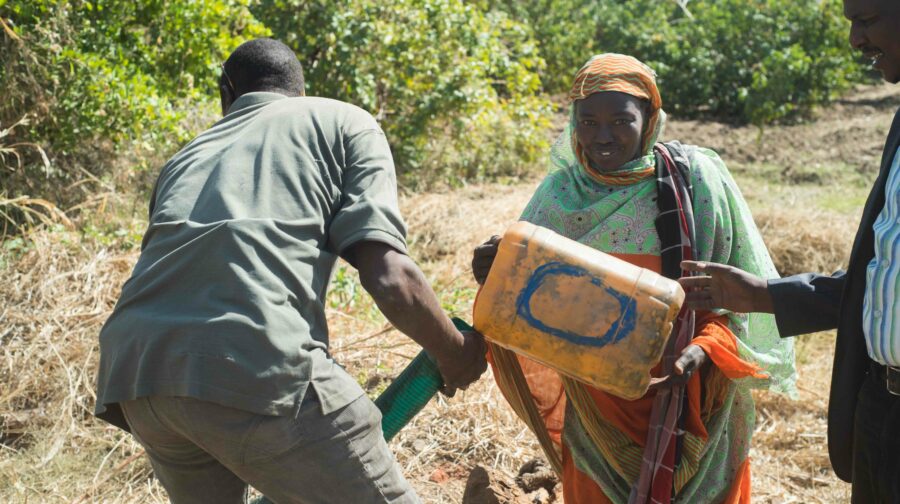
© VSF Germany
Contact/ Country Director
As a veterinarian with a specialisation in development studies and rural development, Esmael Tessema has the know-how for the creation of livelihoods and medium and long term strengthening resilience and promotion of sustainable development.
Esmael Tessema has been part of the team since 2012.
“I draw my motivation from
the desire to get involved
with people in need and
to do something useful
for them.“
Contact our VSF Germany Office in Sudan
Sudan Country Office – Khartoum
Al-Riyadh, Makah Street (North of Makah Eye Hospital)
Block No (14), Building No (90), P.O. Box 12970
Khartoum, Sudan
